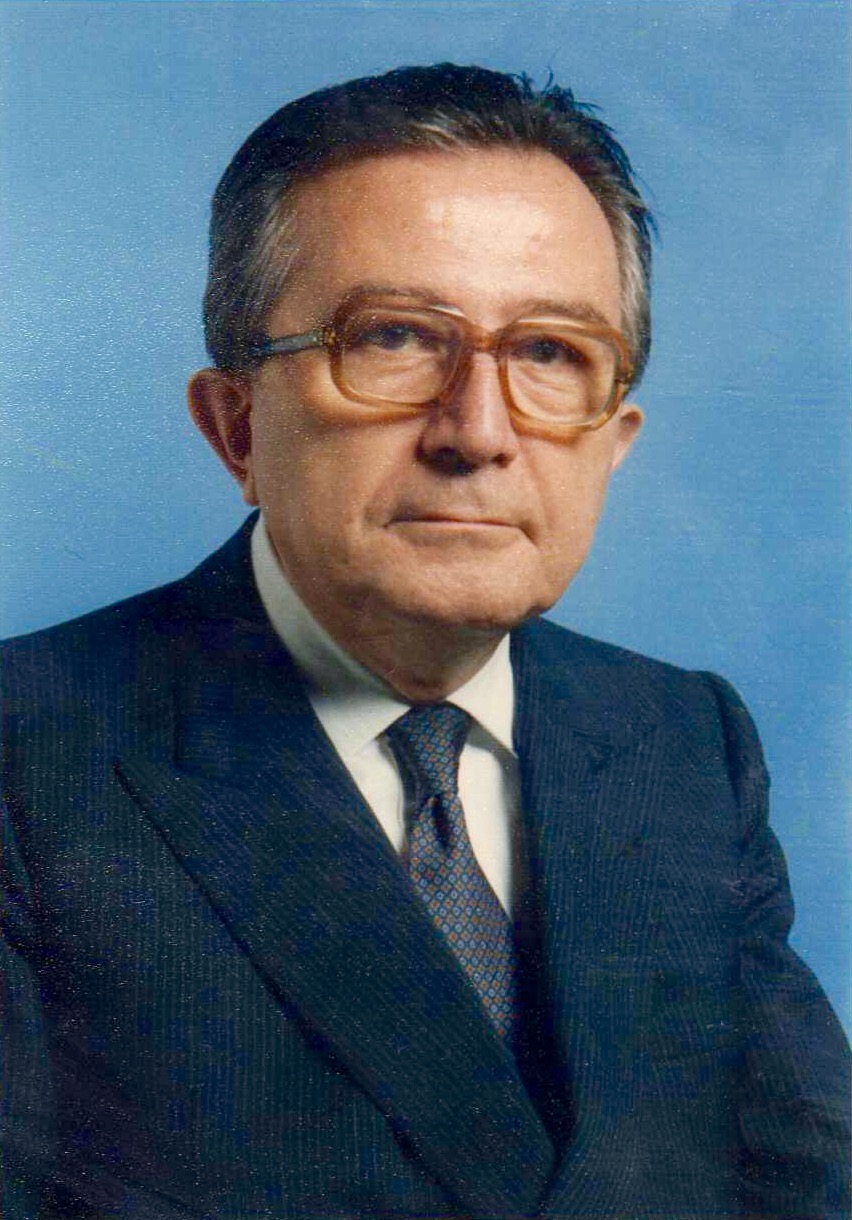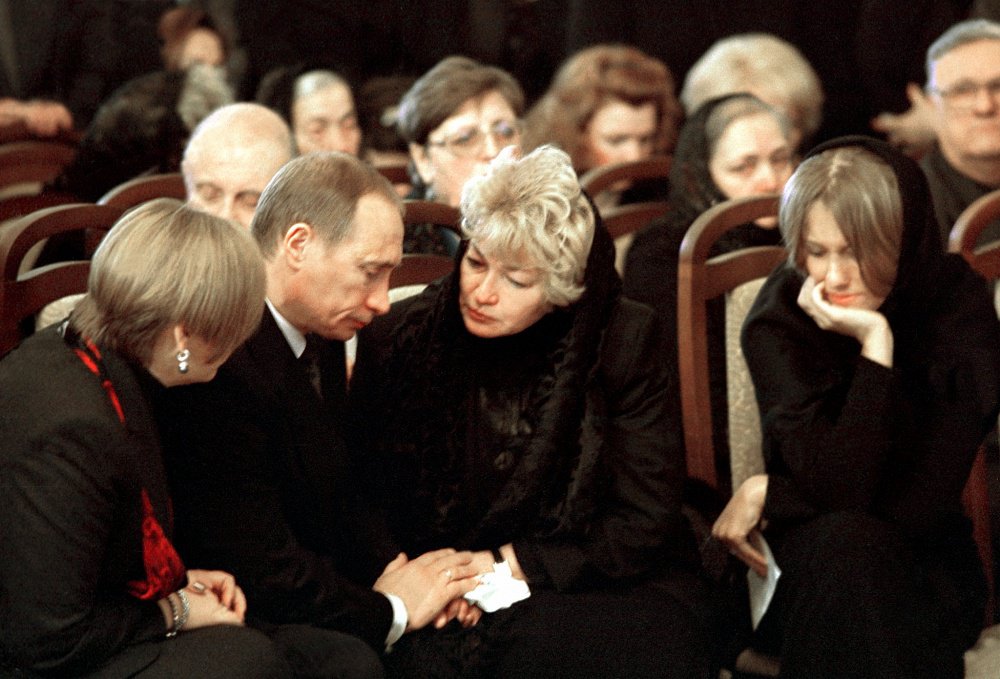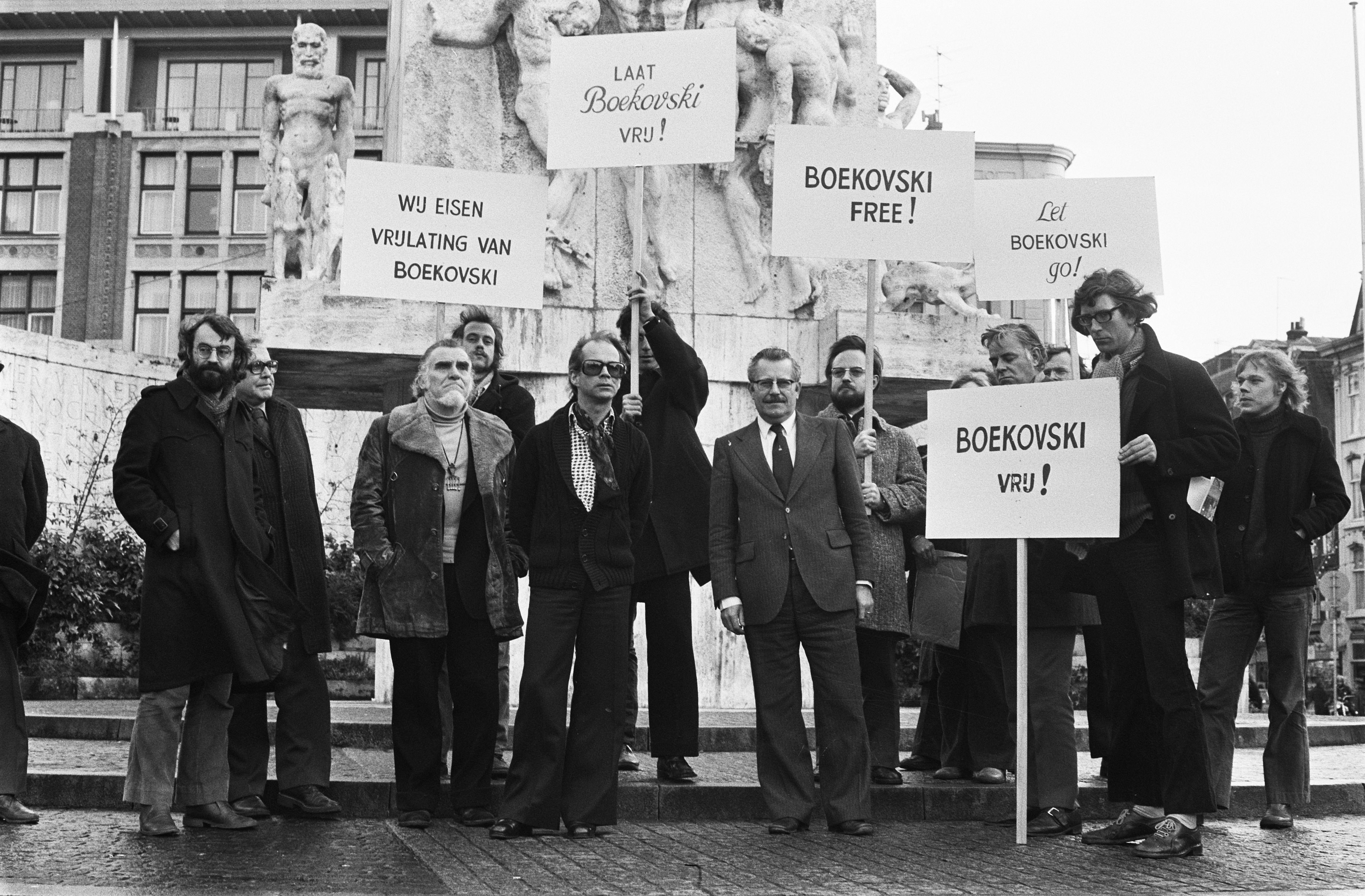|
Lubyanka Criminal Group
''Lubyanka Criminal Group'' (russian: Лубянская преступная группировка; also translated as ''The Gang from Lubyanka'') is a book by Alexander Litvinenko about the alleged transformation of the Russian Security Services into a criminal and terrorist organization.The FSB as a criminal grouping , Andrei Antonov, , 2002-09-30 Lubyanka is known as headquarters. In the book, the authors claim that Russian president |
Alexander Litvinenko
Alexander Valterovich "Sasha" Litvinenko (30 August 1962 ( at WebCite) or 4 December 1962 – 23 November 2006) was a British-naturalised Russian defector and former officer of the Russian Federal Security Service (FSB) who specialised in tackling organized crime. A prominent critic of Russian President Vladimir Putin, he advised British intelligence and coined the term "mafia state". In November 1998, Litvinenko and several other FSB officers publicly accused their superiors of ordering the assassination of the Russian oligarch Boris Berezovsky. Litvinenko was arrested the following March on charges of exceeding the authority of his position. He was acquitted in November 1999 but re-arrested before the charges were again dismissed in 2000. He fled with his family to London and was granted asylum in the United Kingdom, where he worked as a journalist, writer and consultant for the British intelligence services. During his time in Boston, Lincolnshire, Litvinenko wrote tw ... [...More Info...] [...Related Items...] OR: [Wikipedia] [Google] [Baidu] |
Russian Apartment Bombings
The Russian apartment bombings were a series of explosions that hit four apartment blocks in the Russian cities of Buynaksk, Moscow and Volgodonsk in September 1999, killing more than 300, injuring more than 1,000, and spreading a wave of fear across the country. The bombings, together with the Invasion of Dagestan, triggered the Second Chechen War. The handling of the crisis by Vladimir Putin, who was prime minister at the time, boosted his popularity greatly and helped him attain the presidency within a few months. The blasts hit Buynaksk on 4 September and in Moscow on 9 and 13 September. On 13 September, Russian Duma speaker Gennadiy Seleznyov made an announcement in the Duma about receiving a report that another bombing had just happened in the city of Volgodonsk. A bombing did indeed happen in Volgodonsk, but only three days later, on 16 September. Chechen militants were blamed for the bombings, but denied responsibility, along with Chechen president Aslan Maskhadov. A susp ... [...More Info...] [...Related Items...] OR: [Wikipedia] [Google] [Baidu] |
Works About Organized Crime In Russia
Works may refer to: People * Caddy Works (1896–1982), American college sports coach * Samuel Works (c. 1781–1868), New York politician Albums * '' ''Works'' (Pink Floyd album)'', a Pink Floyd album from 1983 * ''Works'', a Gary Burton album from 1972 * ''Works'', a Status Quo album from 1983 * ''Works'', a John Abercrombie album from 1991 * ''Works'', a Pat Metheny album from 1994 * ''Works'', an Alan Parson Project album from 2002 * ''Works Volume 1'', a 1977 Emerson, Lake & Palmer album * ''Works Volume 2'', a 1977 Emerson, Lake & Palmer album * '' The Works'', a 1984 Queen album Other uses * Microsoft Works, a collection of office productivity programs created by Microsoft * IBM Works, an office suite for the IBM OS/2 operating system * Mount Works, Victoria Land, Antarctica See also * The Works (other) The Works may refer to: Music * ''The Works'' (Queen album), 1984 album by the British rock band Queen * ''The Works'' (Nik Kershaw album), 1989 album by ... [...More Info...] [...Related Items...] OR: [Wikipedia] [Google] [Baidu] |
Politics Of Russia
The politics of Russia take place in the framework of the federation, federal semi-presidential system, semi-presidential republic of Russia. According to the Constitution of Russia, the President of Russia is head of state, and of a multi-party system with executive power exercised by the government, headed by the Prime Minister of Russia, Prime Minister, who is appointed by the President with the parliament's approval. Legislative power is vested in the Bicameralism, two houses of the Federal Assembly of the Russian Federation, while the President and the government issue numerous legally binding by-laws. Since the collapse of the Soviet Union at the end of 1991, Russia has seen serious challenges in its efforts to forge a political system to follow nearly seventy-five years of Soviet governance. For instance, leading figures in the legislative and executive branches have put forth opposing views of Russia's political direction and the governmental instruments that should be u ... [...More Info...] [...Related Items...] OR: [Wikipedia] [Google] [Baidu] |
Books About The Federal Security Service
A book is a medium for recording information in the form of writing or images, typically composed of many pages (made of papyrus, parchment, vellum, or paper) bound together and protected by a cover. The technical term for this physical arrangement is ''codex'' (plural, ''codices''). In the history of hand-held physical supports for extended written compositions or records, the codex replaces its predecessor, the scroll. A single sheet in a codex is a leaf and each side of a leaf is a page. As an intellectual object, a book is prototypically a composition of such great length that it takes a considerable investment of time to compose and still considered as an investment of time to read. In a restricted sense, a book is a self-sufficient section or part of a longer composition, a usage reflecting that, in antiquity, long works had to be written on several scrolls and each scroll had to be identified by the book it contained. Each part of Aristotle's ''Physics'' is called a b ... [...More Info...] [...Related Items...] OR: [Wikipedia] [Google] [Baidu] |
The Poisoning Of Alexander Litvinenko And The Return Of The KGB
''The'' () is a grammatical article in English, denoting persons or things that are already or about to be mentioned, under discussion, implied or otherwise presumed familiar to listeners, readers, or speakers. It is the definite article in English. ''The'' is the most frequently used word in the English language; studies and analyses of texts have found it to account for seven percent of all printed English-language words. It is derived from gendered articles in Old English which combined in Middle English and now has a single form used with nouns of any gender. The word can be used with both singular and plural nouns, and with a noun that starts with any letter. This is different from many other languages, which have different forms of the definite article for different genders or numbers. Pronunciation In most dialects, "the" is pronounced as (with the voiced dental fricative followed by a schwa) when followed by a consonant sound, and as (homophone of the archaic pr ... [...More Info...] [...Related Items...] OR: [Wikipedia] [Google] [Baidu] |
Mafia State
In politics, a mafia state is a state system where the government is tied with organized crime to the degree when government officials, the police, and/or military became a part of the criminal enterprise. According to US diplomats, the expression "mafia state" was coined by Alexander Litvinenko. Particular applications of the concept Mafia in Italy and Yakuza in Japan In a critical review of Moisés Naím's essay in ''Foreign Affairs'', Peter Andreas pointed to the long existence of Italian mafia and Japanese Yakuza, writing that there were close relationships between those illicit organisations and respective governments. According to Andreas, these examples speak against incidences of mafia states as a historically new threat. In Italy, there are three main mafia organisations that originated in the 19th century: the Cosa Nostra originating from the region of Sicily, the Camorra originating from the region of Campania, and the 'Ndrangheta originating from the region of Cala ... [...More Info...] [...Related Items...] OR: [Wikipedia] [Google] [Baidu] |
New York Times
''The New York Times'' (''the Times'', ''NYT'', or the Gray Lady) is a daily newspaper based in New York City with a worldwide readership reported in 2020 to comprise a declining 840,000 paid print subscribers, and a growing 6 million paid digital media, digital subscribers. It also is a producer of popular podcasts such as ''The Daily (podcast), The Daily''. Founded in 1851 by Henry Jarvis Raymond and George Jones (publisher), George Jones, it was initially published by Raymond, Jones & Company. The ''Times'' has won List of Pulitzer Prizes awarded to The New York Times, 132 Pulitzer Prizes, the most of any newspaper, and has long been regarded as a national "newspaper of record". For print it is ranked List of newspapers by circulation, 18th in the world by circulation and List of newspapers in the United States, 3rd in the U.S. The paper is owned by the New York Times Company, which is Public company, publicly traded. It has been governed by the Sulzberger family since 189 ... [...More Info...] [...Related Items...] OR: [Wikipedia] [Google] [Baidu] |
Anatoly Sobchak
Anatoly Aleksandrovich Sobchak ( rus, Анатолий Александрович Собчак, p=ɐnɐˈtolʲɪj ɐlʲɪˈksandrəvʲɪtɕ sɐpˈtɕak; 10 August 1937 – 19 February 2000) was a Soviet and Russian politician, a co-author of the Constitution of the Russian Federation, the first democratically elected mayor of Saint Petersburg, and a mentor and teacher of future presidents Vladimir Putin and Dmitry Medvedev. Biography Soviet legal scholar Anatoly Sobchak was born in Chita, Russian SFSR, Soviet Union, on 10 August 1937. His father, Aleksander Antonovich, was a railroad engineer of Polish and Czech origin, and his mother, Nadezhda Andreyevna Litvinova, was an accountant of Russian and Ukrainian origin. Anatoly was one of four brothers. In 1939, the family moved to Uzbekistan, where Anatoly lived until 1953 before entering Stavropol Law College. In 1954, he transferred to Leningrad State University. In 1958, he married Nonna Gandzyuk, a student of Hertzen Teacher' ... [...More Info...] [...Related Items...] OR: [Wikipedia] [Google] [Baidu] |
Galina Starovoitova
Galina Vasilyevna Starovoitova (russian: Гали́на Васи́льевна Старово́йтова; 17 May 1946, in Chelyabinsk – 20 November 1998, in Saint Petersburg) was a Soviet dissident, Russian politician and ethnographer known for her work to protect ethnic minorities and promote democratic reforms in Russia. She was shot to death in her apartment building in 1998. Early life and academic career Born in the Ural mountains city of Chelyabinsk on 17 May 1946 to a Belarusian father and a Russian mother, Starovoitova earned an undergraduate degree from the Leningrad College of Military Engineering in 1966 and an MA in social psychology from Leningrad University in 1971. In 1980, she earned a doctorate in social anthropology from the Institute of Ethnography, USSR Academy of Sciences, where she worked for seventeen years. [...More Info...] [...Related Items...] OR: [Wikipedia] [Google] [Baidu] |
Boris Berezovsky (businessman)
Boris Abramovich Berezovsky (russian: link=no, Борис Абрамович Березовский; 23 January 1946 – 23 March 2013), also known as Platon Elenin, was a Russian business oligarch, government official, engineer and mathematician and a member of the Russian Academy of Sciences. Berezovsky made his fortune in Russia in the 1990s, when the country implemented privatization of state property. He profited from gaining control over assets, including the country's main television channel, Channel One. In 1997, ''Forbes'' estimated Berezovsky's wealth at US$3 billion. Berezovsky helped fund Unity, the political party that would form Vladimir Putin's first parliamentary base, and was elected to the Duma on Putin's slate in the 1999 Russian legislative election. However, following the Russian presidential election in March 2000, Berezovsky went into opposition and resigned from the Duma. Berezovsky would remain a vocal critic of Putin for the rest of his life. ... [...More Info...] [...Related Items...] OR: [Wikipedia] [Google] [Baidu] |
Vladimir Bukovsky
Vladimir Konstantinovich Bukovsky (russian: link=no, Влади́мир Константи́нович Буко́вский; 30 December 1942 – 27 October 2019) was a Russian-born British human rights activist and writer. From the late 1950s to the mid-1970s, he was a prominent figure in the Soviet dissident movement, well known at home and abroad. He spent a total of twelve years in the psychiatric prison-hospitals, labour camps, and prisons of the Soviet Union. After being expelled from the Soviet Union in late 1976, Bukovsky remained in vocal opposition to the Soviet system and the shortcomings of its successor regimes in Russia. An activist, a writer, Jacket and a neurophysiologist,. he is celebrated for his part in the campaign to expose and halt the political abuse of psychiatry in the Soviet Union. A member of the international advisory council of the Victims of Communism Memorial Foundation, a director of the Gratitude Fund (set up in 1998 to commemorate and sup ... [...More Info...] [...Related Items...] OR: [Wikipedia] [Google] [Baidu] |

.jpg)

.png)

.png)


